STDF Cameroon: Collective training on good nursery practices
- 24/01/2021
- Posted by: Sandra Borma
- Category: Africa, Cameroon, News
No Comments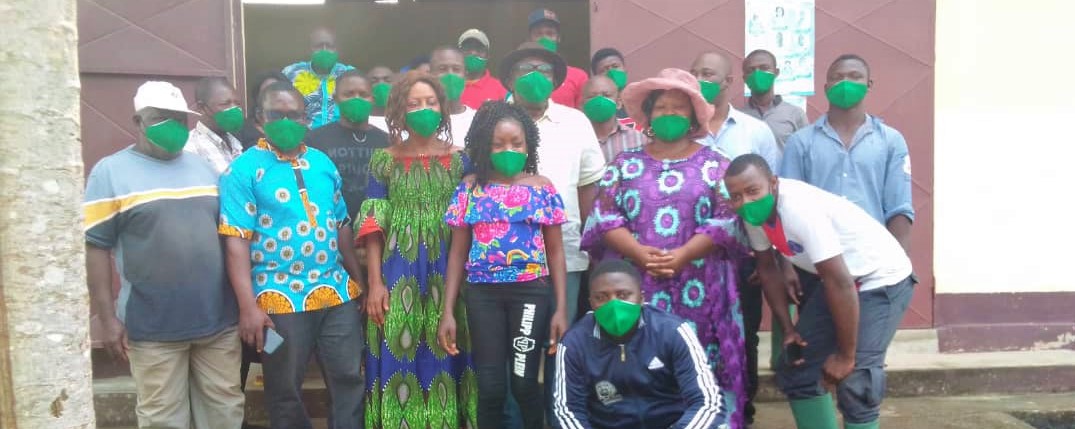 In December 2021, group training was held in Penja, Cameroon on good nursery practices in Penja. The training for member companies of the Penja pepper GI aimed to strengthen the skills of nurserymen and nursery managers so that they can master the management of a nursery, from choosing varieties to an understanding of risk control measures recommended in nurseries. The training, part of the “Project to improve the sanitary and phytosanitary quality of Penja pepper in order to facilitate its… +
In December 2021, group training was held in Penja, Cameroon on good nursery practices in Penja. The training for member companies of the Penja pepper GI aimed to strengthen the skills of nurserymen and nursery managers so that they can master the management of a nursery, from choosing varieties to an understanding of risk control measures recommended in nurseries. The training, part of the “Project to improve the sanitary and phytosanitary quality of Penja pepper in order to facilitate its… +Access to finance: Instaveg benefits from Agrifi Challenge Fund after COLEACP support
- 19/01/2021
- Posted by: Sandra Borma
- Category: Kenya, News
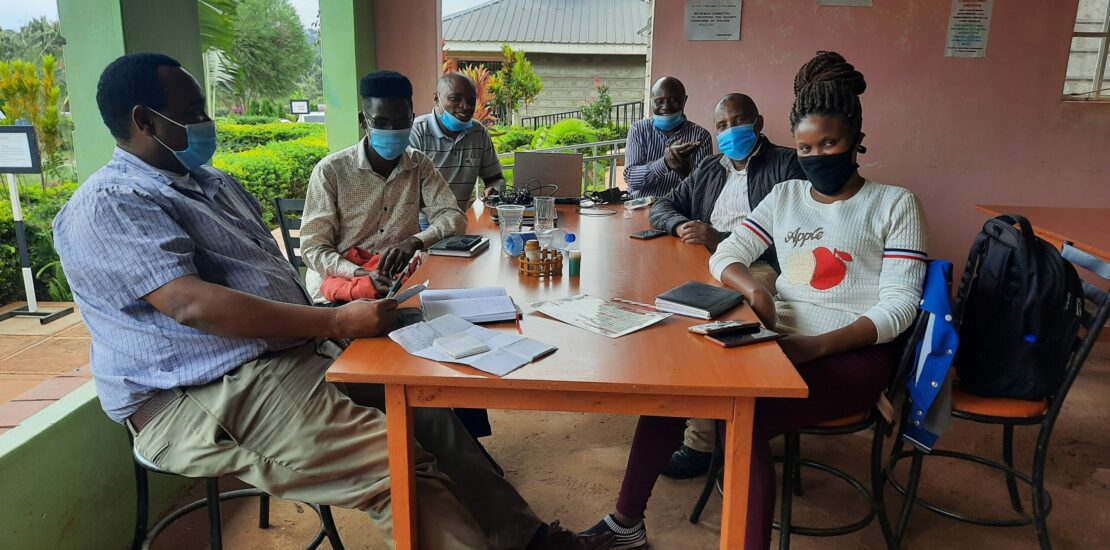 Instaveg Ltd is one of the companies that has actively participated in COLEACP’s Fit for Market programme. Besides technical support, leads to financial institutions and grant programmes enabled the company to benefit from a grant from the Agrifi Challenge Fund to set up a new packaging facility that will facilitate food safety compliance with BRCGS and reduce food waste. The combined support and linkages by COLEACP facilitate market access, creation and retention of jobs, and sustainable activities for farmers and… +
Instaveg Ltd is one of the companies that has actively participated in COLEACP’s Fit for Market programme. Besides technical support, leads to financial institutions and grant programmes enabled the company to benefit from a grant from the Agrifi Challenge Fund to set up a new packaging facility that will facilitate food safety compliance with BRCGS and reduce food waste. The combined support and linkages by COLEACP facilitate market access, creation and retention of jobs, and sustainable activities for farmers and… +Online training for Caribbean NPPOs
- 18/01/2021
- Posted by: Gaetan Dermien
- Category: Caribbean, News
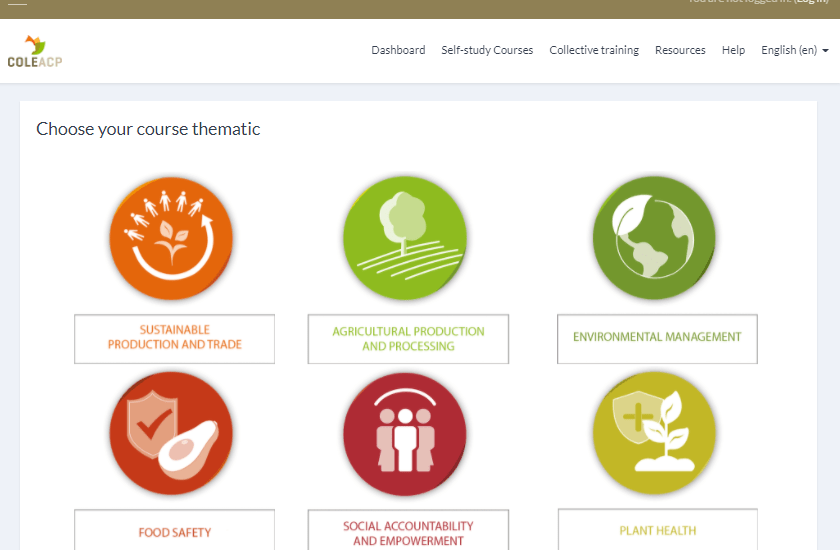 COLEACP is providing training in the Caribbean on Implementation of official controls for inspectors, controllers and technical staff involved in phytosanitary control, inspection and certification activities. This online training for NPPOs will be provided between 25 January and 19 February. Spread over 4 weeks, it requires a daily time commitment of 3–4 hours. It is provided via COLEACP’s online training platform, and will be delivered through web conferencing, quizzes, educational videos and other digital tools. COLEACP’s expert trainers are always… +
COLEACP is providing training in the Caribbean on Implementation of official controls for inspectors, controllers and technical staff involved in phytosanitary control, inspection and certification activities. This online training for NPPOs will be provided between 25 January and 19 February. Spread over 4 weeks, it requires a daily time commitment of 3–4 hours. It is provided via COLEACP’s online training platform, and will be delivered through web conferencing, quizzes, educational videos and other digital tools. COLEACP’s expert trainers are always… +News digest: policy
- 18/01/2021
- Posted by: Gaetan Dermien
- Category: Africa, Caribbean, News, Pacific
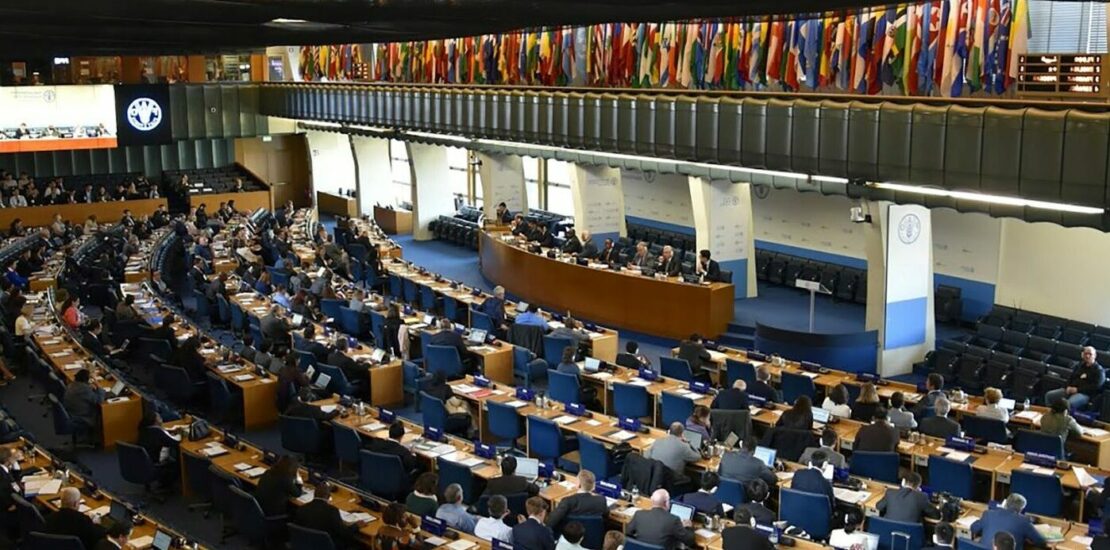 GLOBAL Global Forum for Food and Agriculture goes digital The 13th Global Forum for Food and Agriculture will be the first to be totally digital. The GFFA, 18–22 January, has the theme “How to feed the world in times of pandemics and climate change?”. The annual Berlin-based meeting, hosted by the German Federal Ministry of Food and Agriculture (BMEL), is held under the umbrella of International Green Week. Around 2,000 international participants from politics, industry, science and civil society will… +
GLOBAL Global Forum for Food and Agriculture goes digital The 13th Global Forum for Food and Agriculture will be the first to be totally digital. The GFFA, 18–22 January, has the theme “How to feed the world in times of pandemics and climate change?”. The annual Berlin-based meeting, hosted by the German Federal Ministry of Food and Agriculture (BMEL), is held under the umbrella of International Green Week. Around 2,000 international participants from politics, industry, science and civil society will… +News digest: Agri-food markets & production
- 18/01/2021
- Posted by: Gaetan Dermien
- Category: Africa, Caribbean, News, Pacific
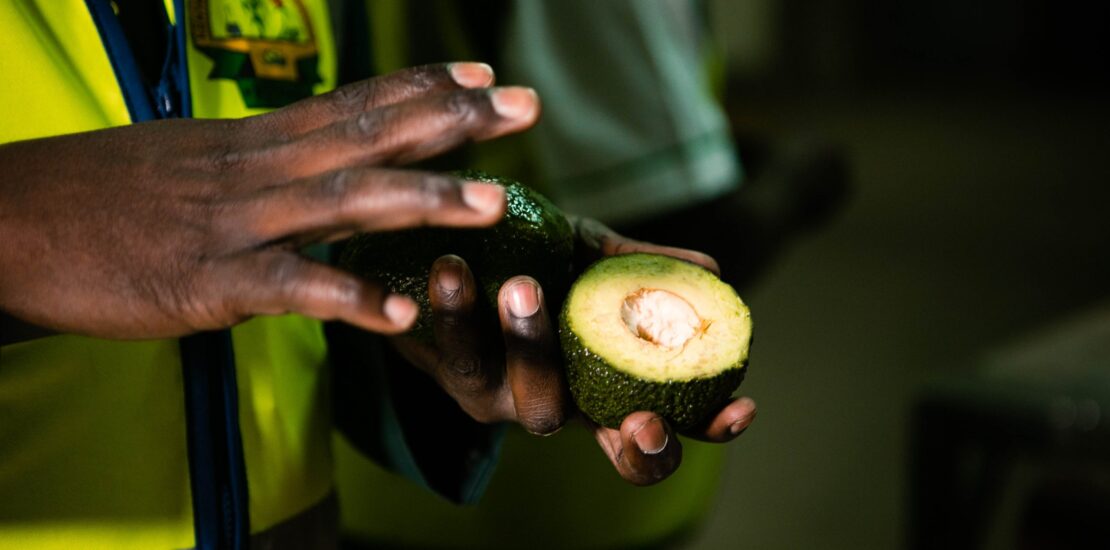 MARKETS: GLOBAL Overview: Global avocado market The price for avocados on the global market has been rising in recent weeks due to a smaller supply and a shortage of large sizes (Fresh Plaza, 8 January). At the moment, Mexico and Chile dominate the market, but their volumes are declining. In the Netherlands, avocado sales were good during the holidays with stable, high prices. In Germany, due to the pandemic, the volume purchased in the wholesale trade has been reduced, and… +
MARKETS: GLOBAL Overview: Global avocado market The price for avocados on the global market has been rising in recent weeks due to a smaller supply and a shortage of large sizes (Fresh Plaza, 8 January). At the moment, Mexico and Chile dominate the market, but their volumes are declining. In the Netherlands, avocado sales were good during the holidays with stable, high prices. In Germany, due to the pandemic, the volume purchased in the wholesale trade has been reduced, and… +Use of TRACES NT in ACP countries
- 18/01/2021
- Posted by: Gaetan Dermien
- Category: Africa, Caribbean, News, Pacific
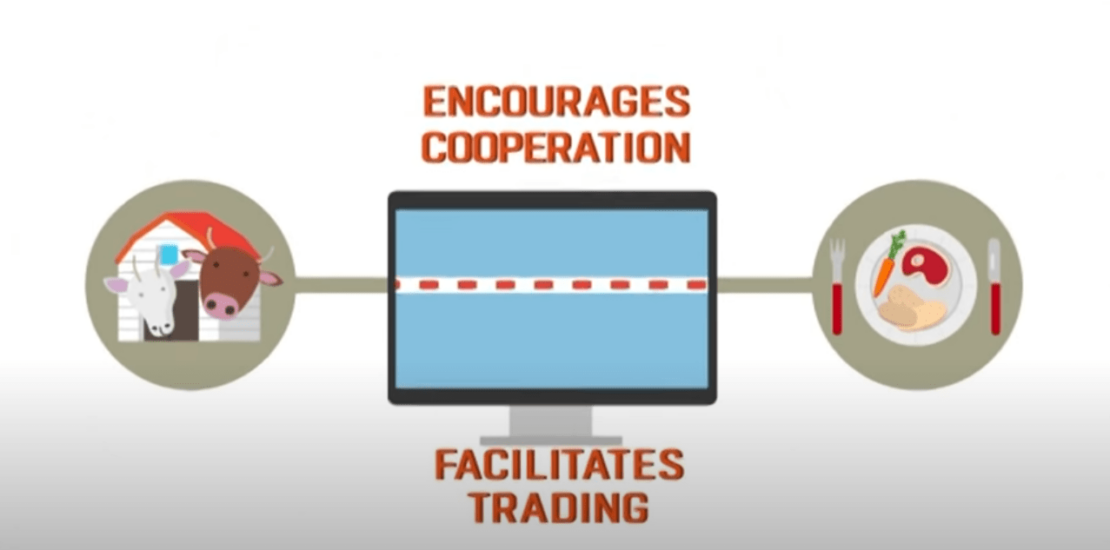 (Source of the illustration) TRACES allows the centralisation in a database of administrative documents related to the import of goods. It also enables EU Member States to track goods, facilitate control, combat fraud, and protect public, animal and plant health. The new version of the tool – TRACES NT – also allows the centralisation of inspection certificates for organic products, phytosanitary certificates and Common Health Entry Documents for Plants and Plant Products (CHED-PP). COLEACP supports NPPOs to strengthen their sanitary… +
(Source of the illustration) TRACES allows the centralisation in a database of administrative documents related to the import of goods. It also enables EU Member States to track goods, facilitate control, combat fraud, and protect public, animal and plant health. The new version of the tool – TRACES NT – also allows the centralisation of inspection certificates for organic products, phytosanitary certificates and Common Health Entry Documents for Plants and Plant Products (CHED-PP). COLEACP supports NPPOs to strengthen their sanitary… +IYFV 2021 – Fruits and vegetables, your dietary essentials
- 18/01/2021
- Posted by: Gaetan Dermien
- Category: Africa, Caribbean, News, Pacific
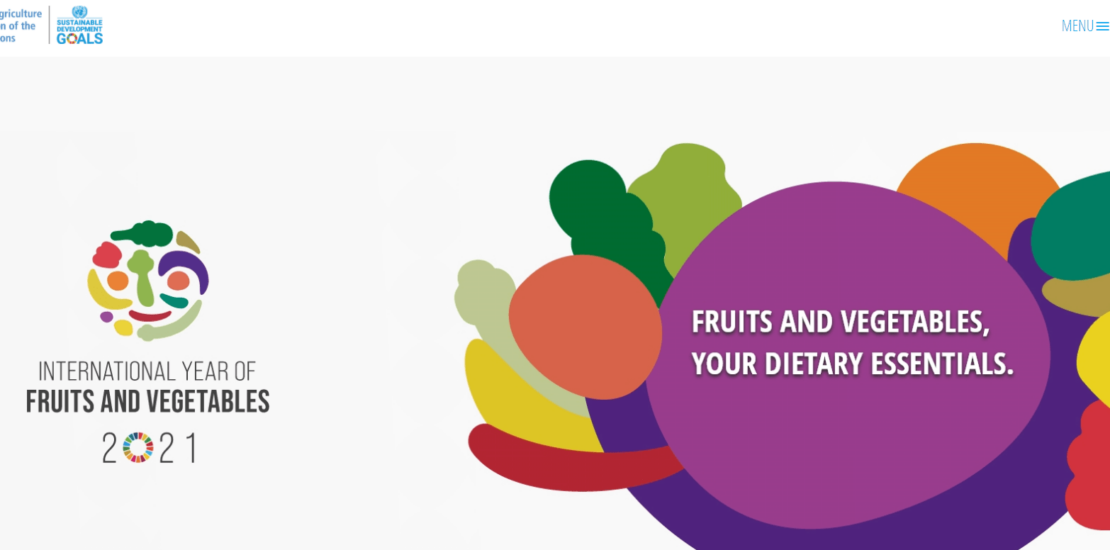 At its 74th session, the United Nations General Assembly proclaimed 2021 the International Year of Fruits and Vegetables (IYFV). The IYFV is a unique opportunity to raise awareness on the important role of fruit and vegetables in human nutrition, food security and health, and in achieving the United Nations Sustainable Development Goals. At the (virtual) Official Launch Event of IYFV 2021 on 15 December 2020, the Director-General of the Food and Agriculture Organization (FAO), QU Dongyu, made an appeal to… +
At its 74th session, the United Nations General Assembly proclaimed 2021 the International Year of Fruits and Vegetables (IYFV). The IYFV is a unique opportunity to raise awareness on the important role of fruit and vegetables in human nutrition, food security and health, and in achieving the United Nations Sustainable Development Goals. At the (virtual) Official Launch Event of IYFV 2021 on 15 December 2020, the Director-General of the Food and Agriculture Organization (FAO), QU Dongyu, made an appeal to… +Our vision for 2021 – A message from COLEACP’s Chairman and General Delegate
- 14/01/2021
- Posted by: Gaetan Dermien
- Category: News
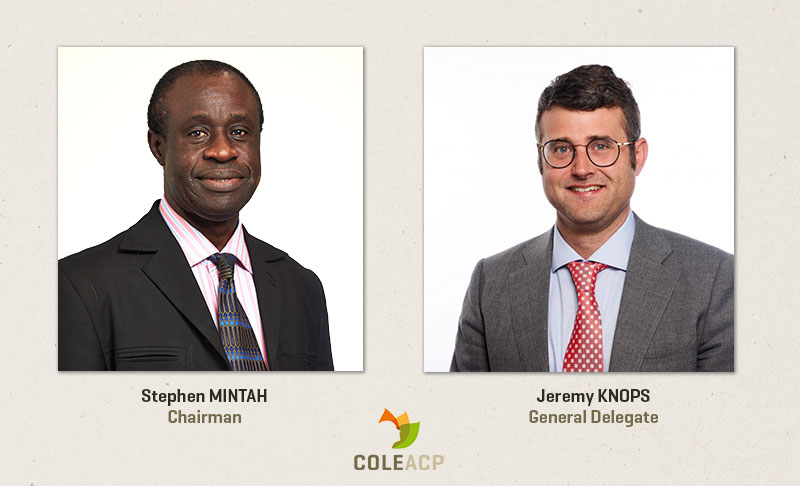 Sending good wishes in this New Year is strange considering the difficulties that most people are facing. Caught between the pre-pandemic world and the unknown of tomorrow’s society, we must focus on the opportunities for positive change that this situation offers us in order to view life with optimism. Overall, 2020 has taught us that: The Covid-19 pandemic has revealed and even accelerated the evolution of our society and its manifestations. The pandemic has increased inequalities all over the world;… +
Sending good wishes in this New Year is strange considering the difficulties that most people are facing. Caught between the pre-pandemic world and the unknown of tomorrow’s society, we must focus on the opportunities for positive change that this situation offers us in order to view life with optimism. Overall, 2020 has taught us that: The Covid-19 pandemic has revealed and even accelerated the evolution of our society and its manifestations. The pandemic has increased inequalities all over the world;… +Innovation series – Session N°2 – Grow local: Conquering local markets
- 14/01/2021
- Posted by: Gaetan Dermien
- Category: Africa, Caribbean, News, Pacific
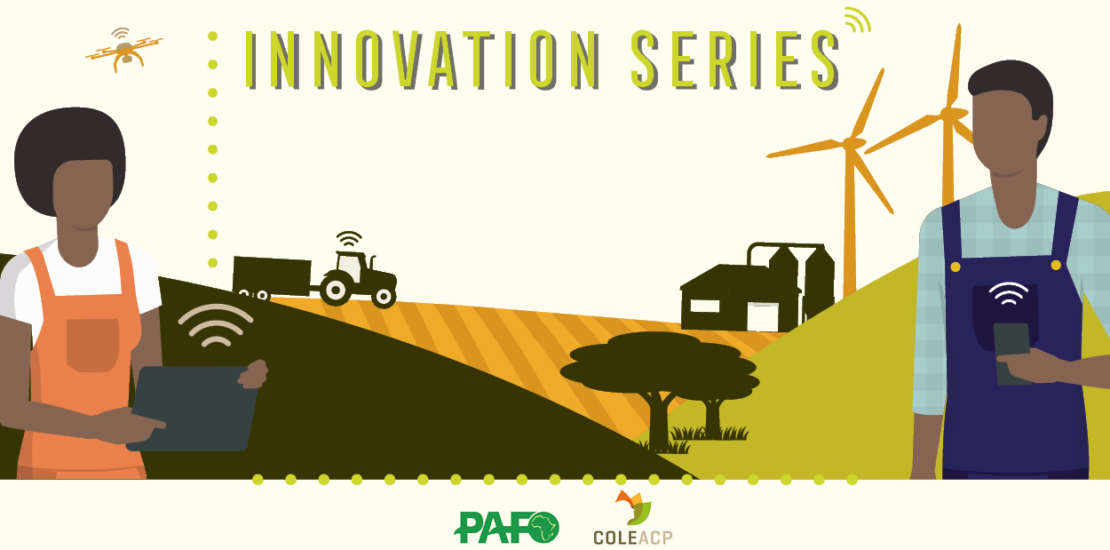 Session N°2 Grow local: Conquering local markets 21 January 2021, 12h00–14h00 (GMT) English–French interpretation available The second session of the Pan African Farmers Organization (PAFO)-COLEACP Innovation Series will focus on ‘Grow local: Conquering local markets’. Key points for discussion: In serving local markets in value-added products, what are the main challenges encountered by business and SMEs and how can innovation help them to grow? Are we seeing changes by consumers towards buying local products? What should public and private sector… +
Session N°2 Grow local: Conquering local markets 21 January 2021, 12h00–14h00 (GMT) English–French interpretation available The second session of the Pan African Farmers Organization (PAFO)-COLEACP Innovation Series will focus on ‘Grow local: Conquering local markets’. Key points for discussion: In serving local markets in value-added products, what are the main challenges encountered by business and SMEs and how can innovation help them to grow? Are we seeing changes by consumers towards buying local products? What should public and private sector… +7th National Mango 2020 Campaign Review Workshop
- 08/01/2021
- Posted by: Sandra Borma
- Category: Burkina Faso, News
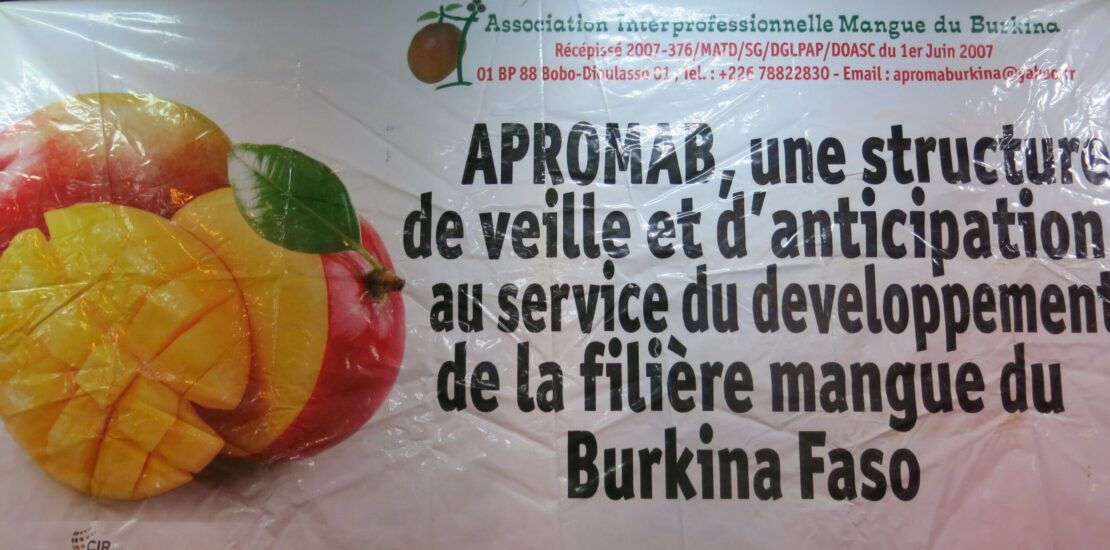 On 22 December 2020, the national workshop assessment of the mango campaign 2020 was held in Burkina Faso. This event brought together the various stakeholders of the Burkina Faso’s mango sector to learn the satisfactory results of the sector despite the health crisis related to COVID-19 ; and exchange on future actions. Particular attention was paid to the impact of Covid-19 on the campaign, which has caused a decrease in the volumes exported to the international market.… +
On 22 December 2020, the national workshop assessment of the mango campaign 2020 was held in Burkina Faso. This event brought together the various stakeholders of the Burkina Faso’s mango sector to learn the satisfactory results of the sector despite the health crisis related to COVID-19 ; and exchange on future actions. Particular attention was paid to the impact of Covid-19 on the campaign, which has caused a decrease in the volumes exported to the international market.… +
